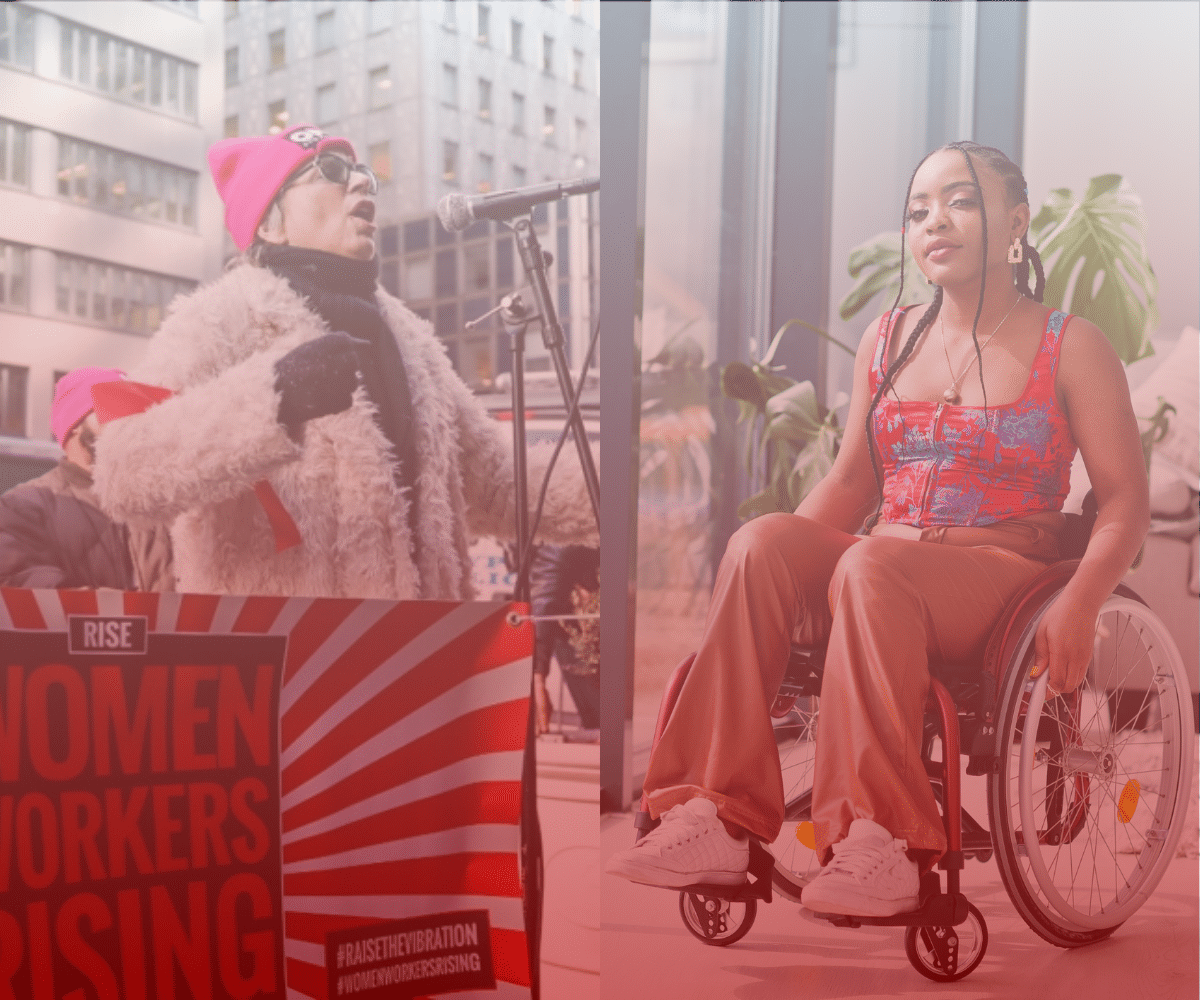Breaking the Cycle: Why VDay Must Be a Call to Action

TW: violence, domestic violence, sexual assault
The seeds of VDay began with the play, The Vagina Monologues by Eve Ensler. The theater piece centered women and their bodies. The focus on women and violence has grown into a global movement that has taken Valentine’s Day as VDay, a day to end violence against women, girls and the earth.
The movement, which began on Valentine’s Day in 2012, includes women who are cisgender, transgender and those who hold fluid identities that are subject to violence. VDay acknowledges that over one billion women, or 1 in 3, will be raped or beaten within their lifetime.
Many domestic violence experts warn that Valentine’s Day, as it is traditionally celebrated, can be a particularly confusing time for those who experience or have experienced domestic violence. Since the day is usually thought of as being a day celebrating romantic love, abusers will sometimes shower their partners with gifts and positive attention. The behavioral change can appear to be dramatic, but is, in fact, a part of abuse cycles. Yet other abusers do not change their behavior for the day, at all. There’s an increase in domestic violence calls for help on February 14th. For others, the day can be triggering by bringing up memories of the violent past, while others around the individual may hold the expectation that everyone is happy on that day.
There certainly has been a lot of media attention given to women’s experiences with violence, through movies, plays and news articles. But most of the attention has been given to able-bodied women. Eighty percent of disabled women who are disabled have been sexually assaulted. Disabled women are more likely to experience abuse for longer periods of time than women who are not disabled, since they face significant barriers in leaving abusive relationships or caregivers. Some women face significant financial challenges and lose their independence for placement in nursing homes. Others have a difficult time leaving abusers, simply because they have nowhere to go. Many domestic violence shelters do not accommodate disabilities and will not accept women who are disabled.
Current political conversations and legislative action can strike a marked unease in those pushing for equality and advancement for women. We’ve already seen a striping away of bodily autonomy. It is difficult to track the numbers of deaths stemming from abortion bans since the Supreme Court struck down Roe v. Wade, but the University of Colorado has predicted a 24 percent increase in maternal deaths of white women and a 39 percent increase in maternal deaths of Black women with a federal abortion ban. In fact, the states that have legislated abortion bans are behind in monitoring maternal deaths. States like Kentucky and Texas are currently reviewing numbers for 2021. The other abortion ban states are reviewing the numbers of maternal deaths for 2022 or 2023. The remaining states, like Florida and the Dakotas, will not respond about monitoring maternal deaths when asked.
Violence statistics are much clearer. An average of 24 people per minute are the victims of physical or sexual assault. With current discussion around getting rid of no-fault divorce and stripping away paid leave benefits already in place, how many more women will experience harm and violence because they cannot leave their abusers?
For many women, leaving violent circumstances is an issue of having access to paid safe leave and paid sick and safe time. Safe leave is time away from work to specifically deal with the effects of domestic and sexual violence. There may be numerous medical and legal appointments to navigate. Some may need time away from work to heal physically and emotionally. It could become unmanageable financially to spend an extended amount of time away from work without pay. There aren’t any federal paid leave benefits for those wanting to leave violence. Almost all local and statewide paid sick time laws also cover safe leave purposes, which means workers can get five to nine days of paid safe leave a year, depending on the state. Six out of the 14 paid family and medical leave laws cover safe leave, which means that workers can apply for up to twelve weeks of paid safe leave in those states. To learn more about model safe leave language, please read our safe leave model legislation report.
I urge you on VDay and everyday to show your love for women. Speak out against violence in all its forms–sexual, physical, emotional and psychological. And don’t let your legislators off the hook just because the current administration appears hostile toward worker’s rights. We still need paid leave and paid sick leave on the federal level. We still need more states to offer paid leave and paid sick time to domestic violence survivors. Women’s lives are counting on it.